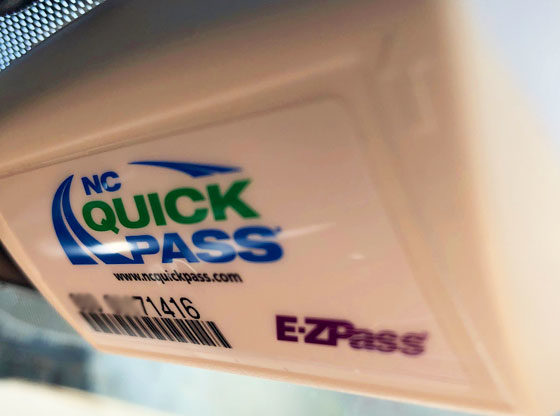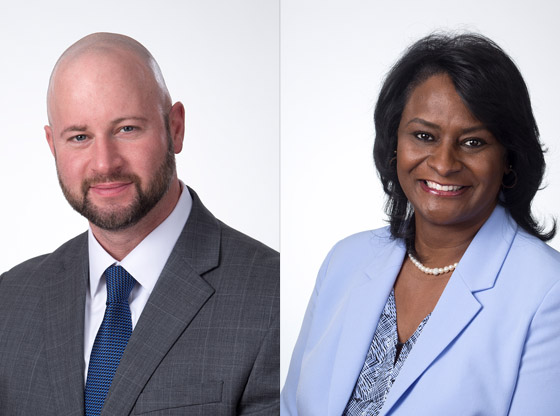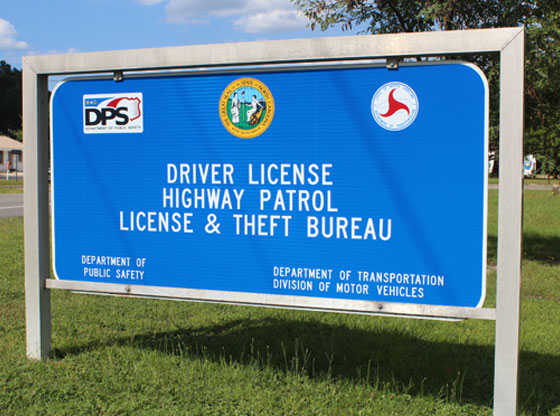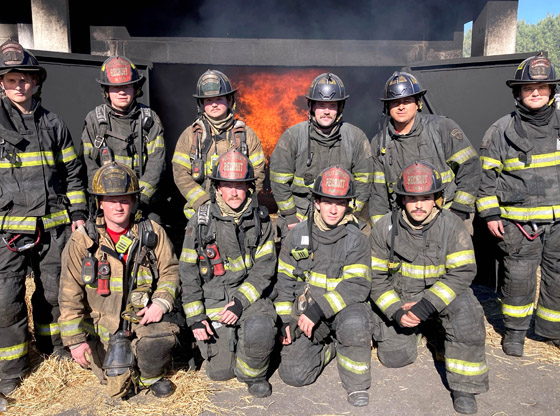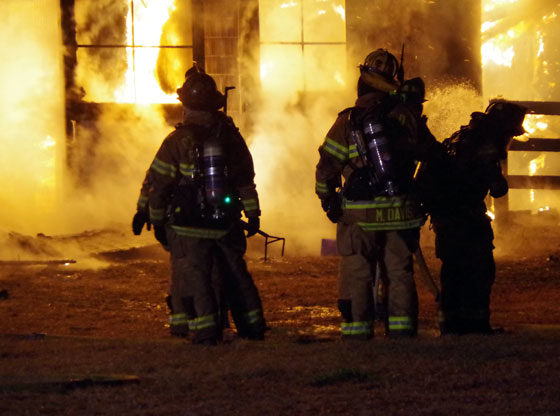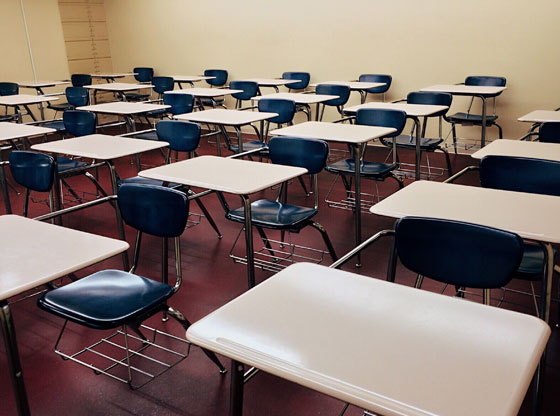RALEIGH, N.C. (AP) — North Carolina legislators gathered Wednesday to begin evaluating how to make public schools and students safer following last month’s Florida school shootings, with committee leaders promising thoughtful dialogue and plenty of outside input.
The first meeting of the House Select Committee on School Safety heard from school safety experts, mental health officials, a teacher and some students, then took suggestions from members.
“The threats to our schools are an appalling reality that we have to confront,” House Speaker Tim Moore, a Cleveland County Republican, said. “The deal is there’s no single solution to this situation.”
Rep. John Torbett, a Gaston County Republican and committee co-chairman, added “there are no preconceived ideas or outcomes for this committee.”
Committee discussion focused largely on improving mental health services, hiring more police officers in schools and expanding an anonymous tip phone app program statewide. Panel leaders aim to have some recommendations ready for the next legislative session in May.
Democrats on the panel made passing references to proposals they support restricting gun purchase or possession. Democratic Gov. Roy Cooper and some Democratic legislators have proposed raising the age to purchase assault-style rifles to 21, requiring background checks for those weapons and giving a judge power to temporarily remove guns from someone considered dangerous.
The committee should “look at how we can keep the weapons out of the hands of those that we’re talking about,” said Rep. Rosa Gill, a Wake County Democrat. But Republicans hold a majority on the 40-plus member committee and in both chambers of the General Assembly, and are more skeptical about efforts to restrict lawful gun access.
North Carolina hasn’t had a mass school shooting like the one that claimed 17 lives in Parkland, Florida. The state has had 14 school or university shooting incidents since 2013, according to a presentation by the State Bureau of Investigation, citing data from a group advocating for gun restrictions.
Speakers said the state’s school system is largely ill-equipped to evaluate children with mental illness and predict who is most inclined to act violently. Troubled students sent home due to suspension or expulsion are most at risk of becoming isolated, said Greta Metcalf, who works for a behavioral health services provider and is a member of the state’s Task Force for Safer Schools.
Jim Deni, an Appalachian State University professor and past president of the North Carolina School Psychology Association, said national standards recommend having one school psychologist per 700 students in the public schools, he said. But today in North Carolina, he said, the ratio is one to 2,100 students.
One in every five children in North Carolina has a mental health or substance abuse disorder, “so it’s very easy for a student to drop through the cracks,” Deni told the committee.
Presentations by the North Carolina Center for Safer Schools, formed in 2013 by then-Gov. Pat McCrory following the Sandy Hook shooting, and by the state Division of Emergency Management highlighted recent school safety accomplishments.
Laws approved since 2013 provided $7 million in matching funds for school districts to pay for law enforcement officers and $2 million for the installation of school panic alarms.
State emergency management officials now have floor plans for every public school, said John Dorman, the division’s risk management director. Plan diagrams are placed in a digital format that law enforcement can access during an emergency.
At future meetings, the committee may discuss whether teachers could be armed or whether to make it easier for retired law enforcement officers or veterans to provide school security.
Riley Barnes, a junior at Clayton High School and member of the safer schools task force, said she and her classmates have found simple ways to improve safety, such as locking dozens of outside doors.
“Gun laws may not change, so the next step we can take is the safety and protection of our students,” Barnes told the committee. “I plead to you to take the necessary measures to ensure the safety that my peers and I are entitled to.”



